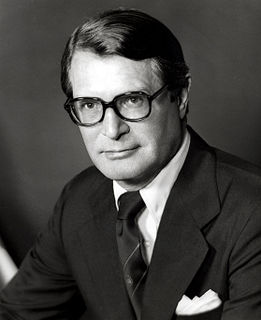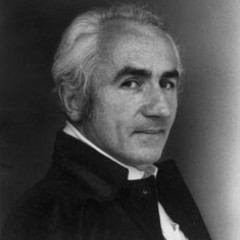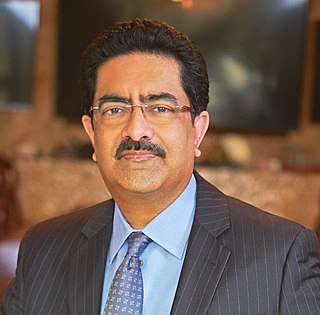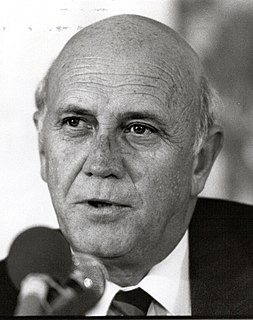A Quote by Aleksandr Solzhenitsyn
Our government declared that it is conducting some kind of great reforms. In reality, no real reforms were begun and no one at any point has declared a coherent programme.
Related Quotes
This separation of government from people, this widening of the gap, took place so gradually and so insensibly, each step disguised (perhaps not even intentionally) as a temporary emergency measure or associated with true patriotic allegiance or with real social purposes. And all the crises and reforms (real reforms, too) so occupied the people that they did not see the slow motion underneath, of the whole process of government growing remoter and remoter.
There's every reason to think that whatever their political leanings, Americans will be highly receptive to numerous reforms designed to improve health, safety, economic security, environmental quality and democratic self-government - at least if those reforms do not eliminate their freedom of choice.
From the time I entered cabinet, the emphasis was on reforms, but reforms which did not abolish separate development, but reforms which were aimed at changing the very, very dehumanising aspects. Giving greater freedom of movement, giving private property ownership within so-called white South Africa also to blacks. Abolishing the concept of job reservation on the basis of race and colour. Allowing free organisation for trade unions, also black trade unions.






































